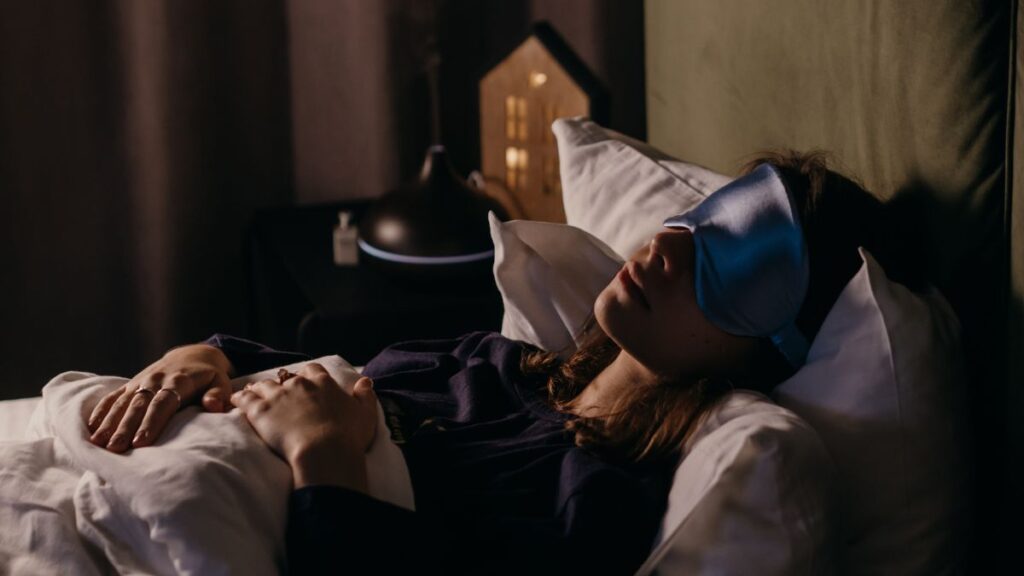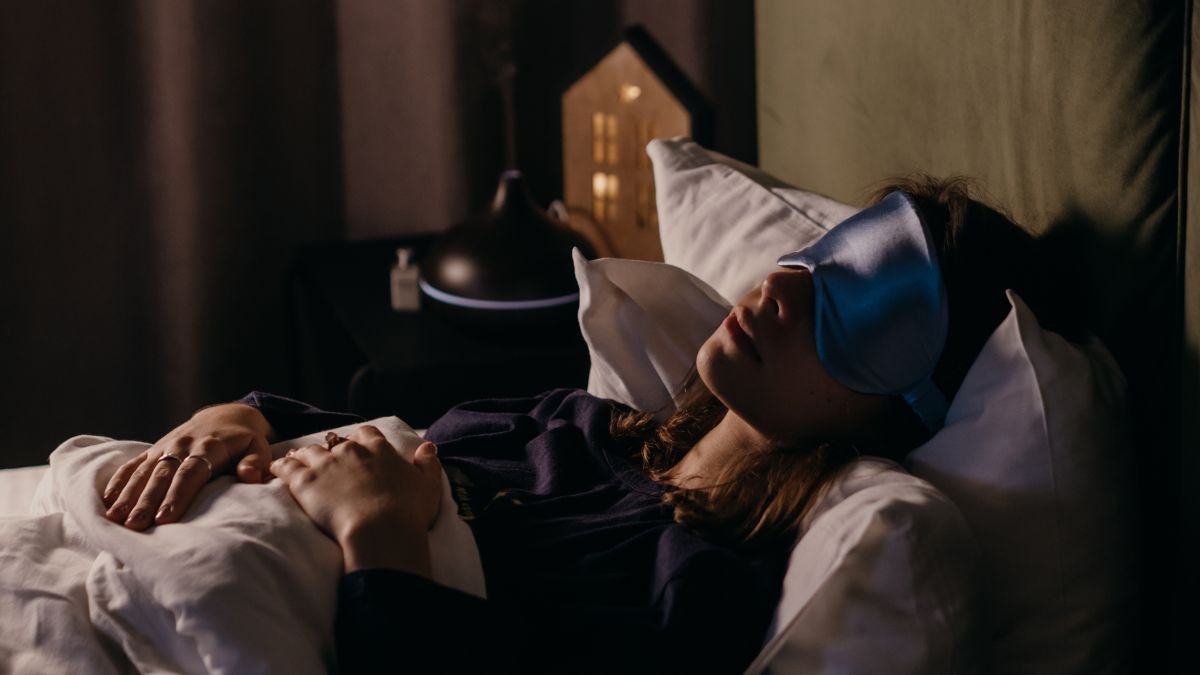
Sleep Isn’t Just Rest—It’s Recovery for Your Heart
You already know sleep helps your body recover. But what most people miss?
Sleep is emotional therapy—without the therapist.
When you stay up late, doomscroll, or sacrifice sleep for “one more episode,” you’re not just robbing your energy.
You’re robbing your emotional repair system.
Your brain needs sleep to untangle your thoughts, process your feelings, and reset your emotional balance.
Let’s explore what really happens when you sleep—and why skipping it isn’t just unhealthy, it’s emotionally dangerous.
🧠 1. REM Sleep = Emotional Detox
REM (Rapid Eye Movement) sleep is the stage where your brain sorts through:
- Memories
- Stressors
- Emotions from the day
It’s like your brain’s overnight editor—deciding what to keep, what to file, and what to delete.
When you cut your sleep short, you cut REM short. And that means:
- Emotional overload
- Heightened sensitivity
- Irritability and mood swings
It’s not just that you’re tired.
You’re emotionally backed up.
💔 2. Poor Sleep = Poor Emotional Regulation
Ever notice how everything feels worse when you’re sleep-deprived?
That’s because sleep directly affects your amygdala—the emotional center of your brain.
Without sleep:
- Your emotional reactions become exaggerated
- Small problems feel huge
- You’re more likely to feel anxious, reactive, or overwhelmed
In contrast, well-rested brains can handle stress with clarity and calm.
Sleep isn’t a luxury—it’s emotional stability.
ALSO READ: Insomnia, Anxiety & The Hidden War in Your Nervous System – psychmyth
🧘 3. Your Nervous System Needs Sleep to Reset
Sleep is when your body shifts into the parasympathetic nervous system—the “rest and restore” state.
This shift:
- Lowers cortisol (stress hormone)
- Balances adrenaline
- Calms your heart rate
- Allows your muscles to relax
If you skip sleep or constantly run on less, your body stays in fight-or-flight mode.
That’s why you feel wired, anxious, or emotionally drained—even if your life isn’t chaotic.
You can’t heal emotionally if your body never feels safe.
Sleep is how safety is restored.
💭 4. Dreams Are Therapy You Don’t Pay For
Dreams help process what you’re not consciously dealing with during the day.
- That unresolved argument? It might show up in a dream.
- That suppressed sadness? It surfaces in symbolic form.
Dreams are your brain’s attempt to understand and release emotional tension.
When you don’t get enough sleep, or drink heavily before bed, you disrupt this process.
And what doesn’t get processed? Stays stuck.
Dreams help you move through pain in ways words can’t.
🧩 5. Chronic Sleep Loss Worsens Anxiety and Depression
The connection between sleep and mental health is undeniable.
Lack of sleep:
- Doubles your risk of depression
- Intensifies anxiety symptoms
- Weakens emotional resilience
It becomes a cycle:
- Poor sleep = fragile emotions
- Fragile emotions = harder to sleep
Breaking this cycle starts with protecting sleep as a non-negotiable act of self-care.
ALSO READ: Food Isn’t Just Fuel—It’s Information for Your Body – psychmyth
🌙 6. How to Protect Your Emotional Repair Time
You don’t need a perfect night every night. You just need consistency and care.
Here’s how:
- Set a sleep routine: Go to bed/wake up at the same time daily.
- Wind down mindfully: Journal, stretch, or read—no screens.
- Create a sleep sanctuary: Cool, dark, and quiet.
- Limit stimulants: Avoid caffeine and alcohol late in the day.
- Turn off stressors: Phone on Do Not Disturb, social media off.
Sleep isn’t where your day ends—it’s where healing begins.
Treat it like the sacred time it is.
✨ Final Words: Rest Is an Emotional Reset Button
You’re not “just tired.”
You’re emotionally exhausted.
And your brain is begging for time to do its job—to heal you while you sleep.
Skipping sleep doesn’t make you stronger. It makes you numb, irritable, disconnected, and drained.
Protect your sleep like your peace depends on it—because it does.
Sleep is emotional medicine. Don’t rob yourself of the dose.

